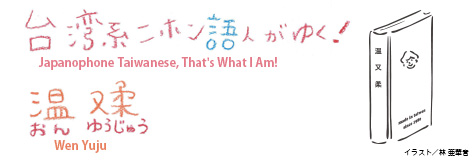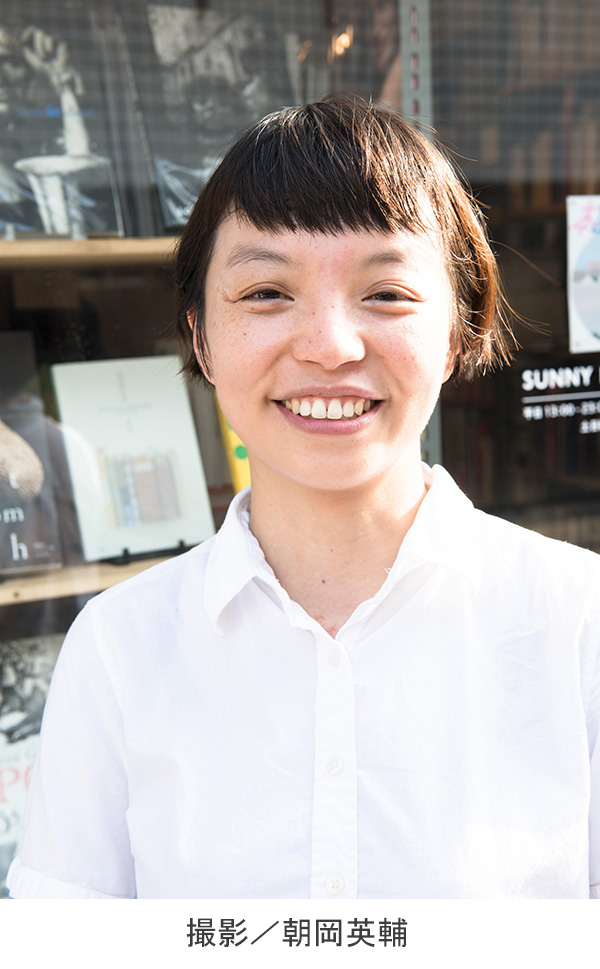
A New Series of Essays by a Taiwanese Author Writing in Japanese
A new series of essays by author Wen Yuju will be published as a regular feature in Wochi Kochi Magazine. In 2009, she won the Subaru Prize for Literature with Kokyokoraika. Since then, she has been working on novels and essays from the position of a Taiwanese person writing in Japanese. As a Tokyo-based Taiwanese, how does she use three different languages: Japanese, Taiwanese, and Chinese? How do works of Japanese and Taiwanese literature appeal to her? In her essays, Wen Yuju will reflect, with fresh and vibrant sensitivity, on a variety of topics, including Japanese and Taiwanese languages, literatures, and cultures.
 Wen Yuju
Wen Yuju
Author Wen Yuju was born in 1980 in Taipei, Taiwan and moved to Japan with her Taiwanese parents before she turned three. In 2006, she completed the Master's Program of the Graduate School of Intercultural Communication at Hosei University. In 2009, she won the Subaru Prize for Literature with Kokyokoraika. As a Taiwanese person who writes in Japanese, in her creative work she explores the themes of language and identity. Her works include Raifuku no ie (2011, Shueisha), and Tatta Hitotsu no Watashi no mono dewa nai Namae (2012, Happa-no-Kofu; for Kindle). In 2014, she formed a duo with musician Keitaney-Love Kojima, and launched a series of collaborative performances under the title "mapo de ponto--Kotoba to Oto no Ofukushokan [Correspondence of Words and Sound]," featuring Wen's reading and Kojima's music. Her most recent work is Taiwan umare Nhongo sodachi (2015, Hakusuisha), a collection of essays born from her experience as a Taiwanese person raised in Japan. She appears in Homeland in the Borderland, a documentary film directed by Keiko Okawa, which follows author Hideo Levy as he returns to Taichung, Taiwan, for the first time in 52 years.
Follow Wen Yuju on Twitter at https://twitter.com/wenyuju
Back Issues
- 2022.7.27 Beyond Disasters - T…
- 2022.6.20 Beyond Disasters - T…
- 2021.6. 7 Contributed Article …
- 2021.4.28 Crossing Borders, En…
- 2021.4.27 Contributed Article …
- 2021.4.20 Contributed Article …
- 2021.3.29 Contributed Article …
- 2020.12.22 Interview with the R…
- 2020.12.21 Interview with the R…
- 2020.11.13 Interview with the R…

